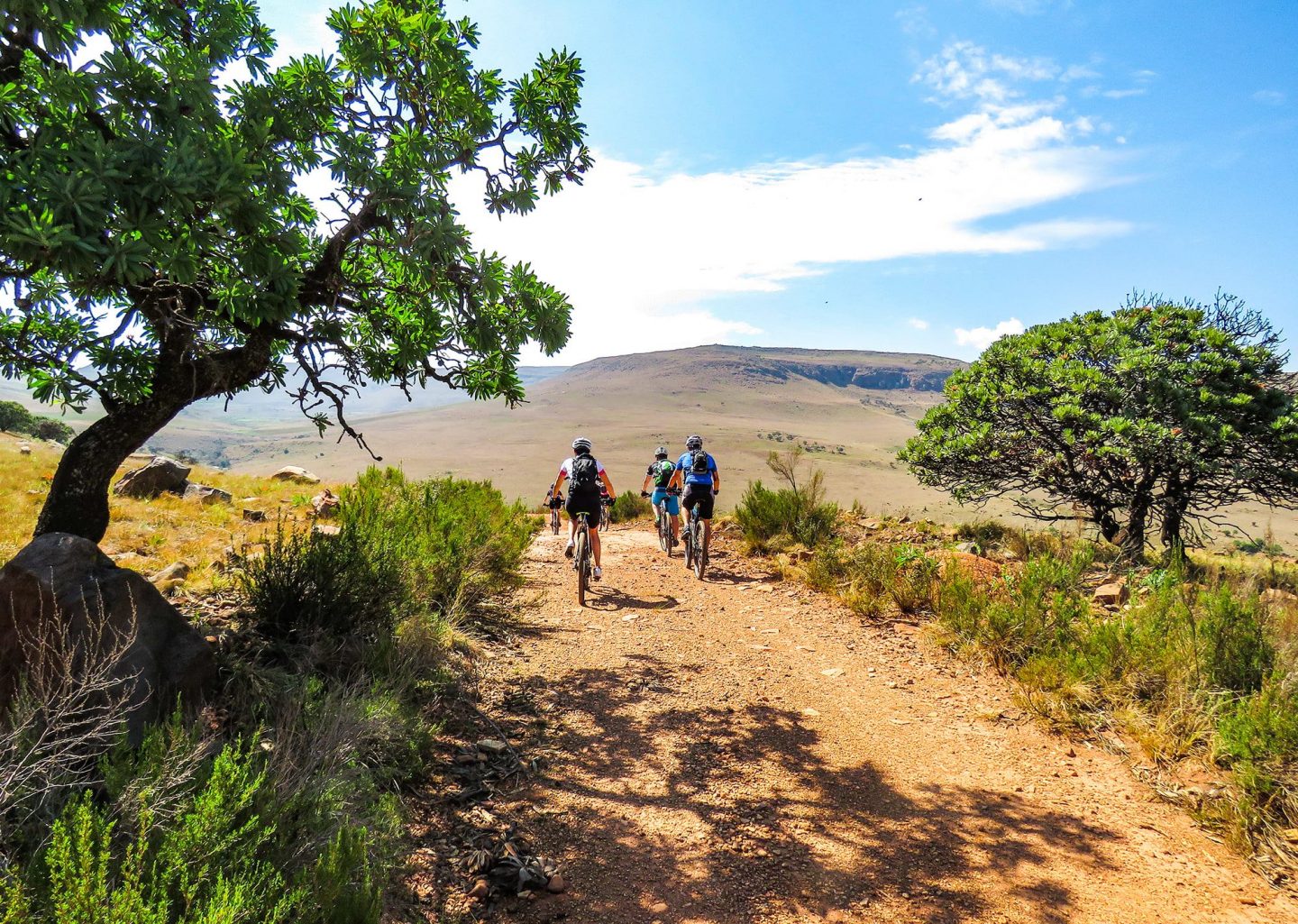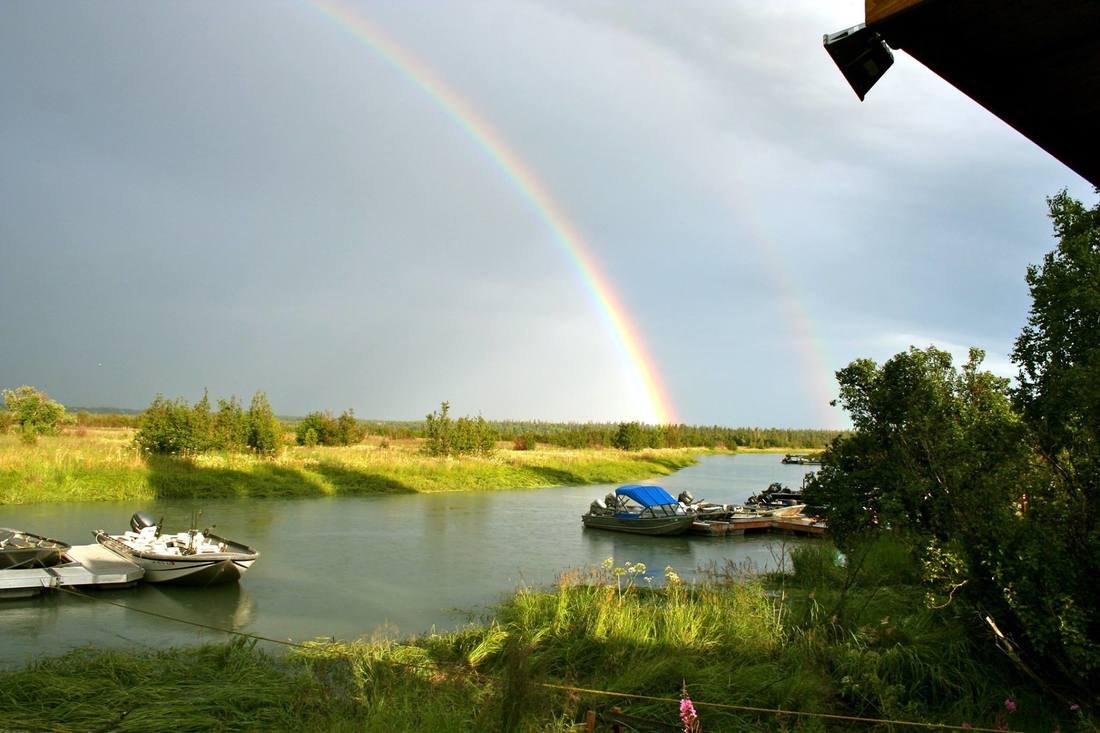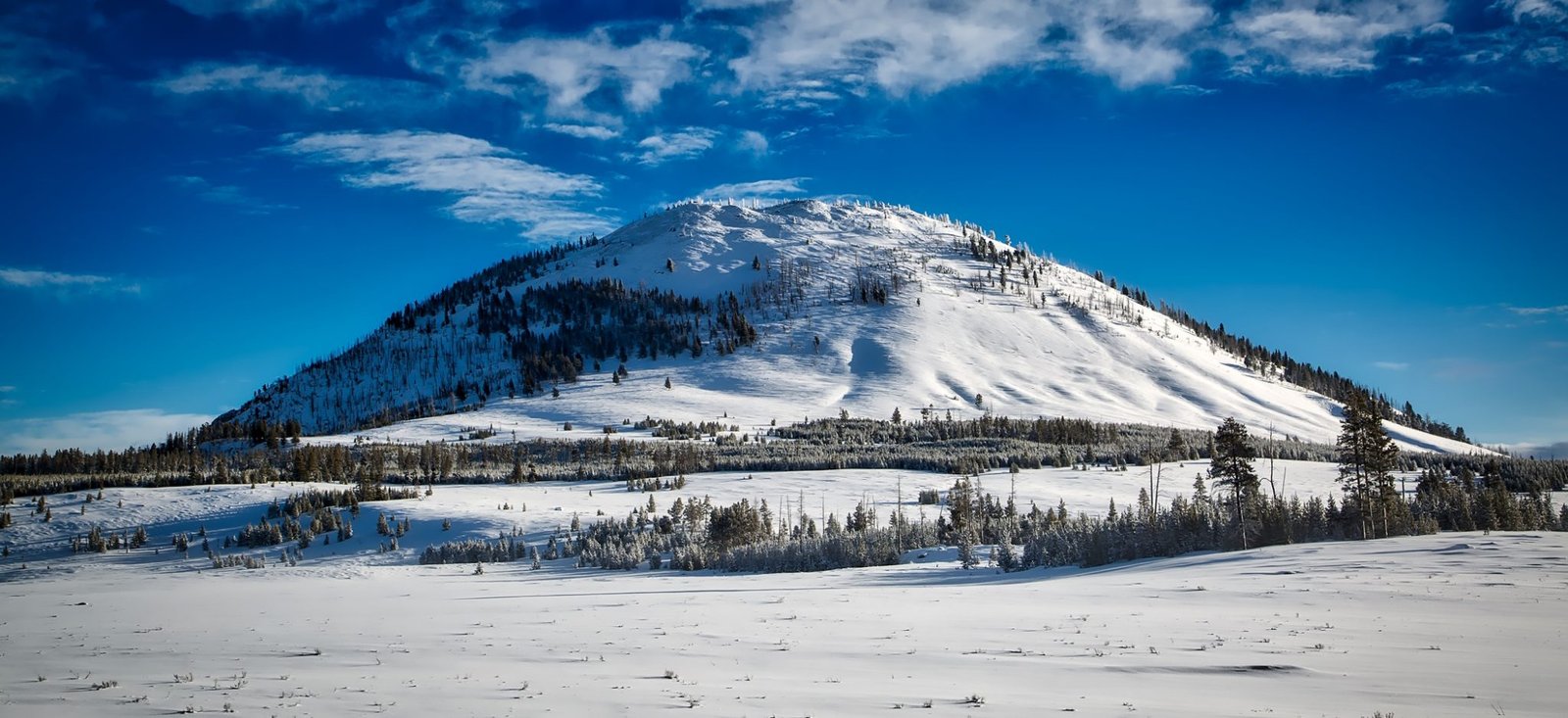Sustainability-seeking travelers are demanding greater transparency from their tour providers. 2020 will be the year brands step up to the plate.
Bannikin Travel & Tourism, experts in responsible and experiential travel, are forecasting 2020 as the year tour operators take more responsibility for their impact on the planet.

Thanks to the likes of Greta Thunberg’s activism, Oxford Dictionary‘s word of the year and the more than 11,000 scientists who declared a climate emergency with their November 2019 report, the question of how our planet is impacted by tourism is now a matter of mainstream conversation. Sustainable tourism, once considered a niche sector, is now an essential consideration for all as savvy travelers search for ways to lessen their impact on the planet.
TourRadar, the largest online marketplace for multi-day tours, reports that 60% of travelers would choose a more environmentally friendly travel option, while 71% of travelers are more likely to choose a tour that does good to the local region and its people even if it costs more. A 2019 OnePoll study commissioned by leading adventure tour operator Exodus Travels found that more than 79% of American travelers want to become more ethically-conscious in their future adventures. These consumer demands have been heard ‘round the industry.
Tour operators aren’t just turning to carbon offsetting and single-use plastic bans to make a net positive impact: a recent article in Outside Magazine reports that community and cultural conservation efforts that identify tourism as a value-add for a destination’s economy can lead to more responsible land stewardship and can even jump-start local governments to make policy changes that protect surrounding land and communities.
“As we enter this new decade, we’re seeing companies reacting to this shift in consumer behavior in more focused and innovative ways; embracing challenges like sourcing local food, leading the rewilding movement, even embarking on the world’s first zero-waste challenge. In 2020, we will see the travel industry confronting its role in climate change even further, and determine how to be a positive force in this global conversation.”
“Over the last few years, travelers have been getting serious about lowering their environmental impact, focusing on local experiences and supporting regional economies,” said Jillian Dickens, CEO of Bannikin. “As we enter this new decade, we’re seeing companies reacting to this shift in consumer behavior in more focused and innovative ways; embracing challenges like sourcing local food, leading the rewilding movement, even embarking on the world’s first zero-waste challenge. In 2020, we will see the travel industry confronting its role in climate change even further, and determine how to be a positive force in this global conversation.”
Here, Bannikin points to seven examples of travel companies raising the bar on transparent sustainable initiatives that try harder to protect the planet and its people.
Offsetting Travelers’ Entire Lives
Natural Habitat Adventures became the world’s first 100% carbon-neutral tour operator in 2007, and over the past 12 years has offset more than 17,000 tons of carbon dioxide. In 2019, the company decided this wasn’t enough. The nature travel provider and World Wildlife Fund conservation travel partner spearheaded the world’s first Zero Waste Adventure last July, which ultimately diverted 50.9 lbs of waste—most of it food—from the landfill. Also in 2019, Nat Hab began offsetting all its guests’ international air travel to and from its destinations. This year, it’s planning yet another industry-leading feat: offsetting a year’s worth of personal carbon emissions for anyone who joins one of the 2020 trips in the company’s new 35th anniversary series, Climate Change & the Wild World. In partnership with sustainability consultant South Pole, the ecotourism leader will offset the entire carbon output from select travelers’ household energy, transit and air travel for one year. The carbon credits will fund three community and conservation projects: the construction of wind farms in India, the distribution of fuel-efficient, electricity-generating cookstoves to households in Rwanda, and the development of a rainforest biodiversity corridor in Zimbabwe.
Train Travel: Less Emission, More Immersion
As reported by the BBC, domestic rail travel produces less than half the carbon emissions per passenger than driving a car. This is no surprise to Kyoto-based tour experts Oku Japan. The country leader in active and experiential travel prioritizes public transport (such as the high-speed rail) over private cars, tour buses or sprinter vans, even on their small group tours. They note this lessens the environmental impact and provides a more immersive, local experience for the traveler. Nearly all of Oku’s self-guided tours include train rides or local buses from Osaka, Kyoto or Tokyo to their rural destination, which can be anywhere in the country.
Creating a Call to Action
Exodus Travels, a global leader in active and cultural tours, visits over 100 countries around the world and has been working to positively and directly impact the destinations they explore for 45 years. In January 2020, Exodus became one of the founding signatories of the “Tourism Declares a Climate Emergency” pledge, electing to advocate with the likes of Wilderness Ireland and Wilderness Scotland to collaborate on ways tourism can mitigate its carbon footprint, but also encourage other travel brands to commit to the cause as well. Over the next 12 months, Exodus will join its peers in committing to make significant operational changes in the name of reducing its carbon footprint while continuing its current in-destination initiatives, which includes the Inspiration Project, its Ban the Bottle campaign, and the Freedom Kit Bags project.
Food Procurement from Farm to Ship
Adventure Canada, the expedition travel leader specializing in Canada’s Arctic and Atlantic Canada, recognized both its guest demand for authentic food experiences on and off ship, and the opportunity to improve the way cruise ship provisioning is done industry-wide by buying locally, as opposed to shipping from afar, as much as possible. In response, Adventure Canada launched the Taste of Place program in October 2019 aboard Newfoundland Circumnavigation, treating guests to special on-shore pop-ups and celebrations and providing dinner menus designed and supplied by local fishers, farmers, and chefs. The immersive culinary experience will run again in 2020 on two expeditions.
Bike Tours and the Great E-qualizer
Cycling vacations are celebrated for promoting a low-carbon way to travel, but many people are nervous about their abilities to keep up on two wheels. Enter the age of the e-bike. Saddle Skedaddle, the cycling operator with the world’s largest range of cycling adventures, has seen demand consistently increase for cycling travel among those less-than-avid cyclists and has responded in turn by introducing a line of e-bike holidays, 73 and counting, including mountain e-bike trips and trips to off-the-beaten-path locations. While the Skedaddle cycling experts know that pure pedal power provides the least impact overall, e-bikes are playing a welcome role as a gateway for more people to take up traveling by bike versus traveling by, say, coach. A push in the right direction.
Embracing Truly Local Experiences
For locally-led custom tour leader True Colombia Travel, elevating local enterprises in Colombia’s emerging regions is key to the country’s economic—and environmental—development. After all, if tourism is deemed valuable by a destination, there will be more incentive to protect its people and habitats. True Colombia Travel’s custom-made True Graffiti experience, which explores the art and design scene in Medellín’s barrios (neighborhoods), is curated and led by Klan Ghetto Popular (KGP), a locally-run youth collective. True Graffiti takes travelers through the streets of Comunas 1 and 3—rarely seen by outsiders—with KGP’s artists as their guides. The guides share their own stories of growing up in Medellín amid its changing social fabric—and how art is playing a pivotal role in redefining their city, and their own futures.

Restoration and Rewilding
There is a growing movement worldwide to bring large-scale restoration to both marine and land-based ecosystems. In Scotland, this movement has really taken hold. For example, while the country makes desperate efforts to curb the threat of Scottish wildcat extinction by introducing cats bred in captivity to the Highlands, Scotland’s largest private landowners are planning to remove sheep and cull red deer from the more than 80,000 hectares they own to allow native species to flourish. Wilderness Scotland, Europe’s No. 1 Rated Adventure Travel Company, took note of this growing movement in their country, and in addition to joining Tourism Declares and committing to becoming climate positive, now offers responsible travelers the chance to take part through their Big Picture Rewilding Retreat, which immerses guests in a location undergoing natural revitalization. Guests can speak with the owners of a traditional croft in Cairngorms National Park about farming in harmony with nature, learn about reforestation from park rangers, and experience a large-scale ecological restoration firsthand.
About Bannikin Travel & Tourism
Bannikin is a Toronto and Hong Kong-based travel and tourism consultancy dedicated to enhancing the businesses of niche-focused tour operators, destinations and lodging providers worldwide. Bannikin was built on great respect for travel-minded visionaries who provide the utmost experiences in the wildest parts of the planet. With a combined 50+ years of experience, Bannikin knows what needs to come together to turn a travel company into the travel company, and a place into a destination.









